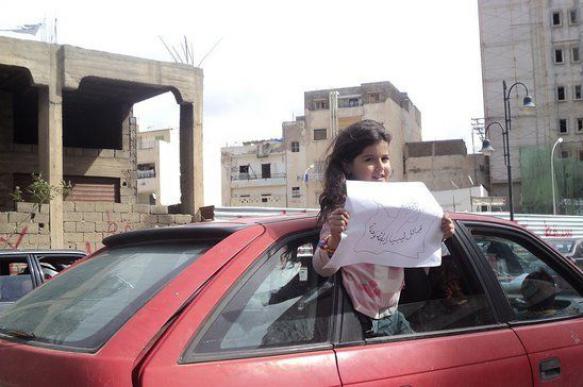All the errors of Italy in Libya
At this point it is clear that something has gone wrong. Libya, whose transition was to be our flagship, proved to be a container of chaos in which Italy has (at least so far) lost its battle. Maybe not the war, because that can still change its course. But certainly the advance of Khalifa Haftar represents yet another signal of a chain of errors to which Rome has never really given a turning point.

by Lorenzo Vita
Libya has been a series of false steps for our governments, of which we are facing extreme consequences today. Needless to make the history of the conflict: the fall of Muhammar Gaddafi and the forced involvement of our country was a first failure. We radically changed strategy on a government with which we had built a useful axis for our interests. Were we forced? Probably. But it is clear that this war was a mistake that still affects our interests today.
The second mistake, not tactical but strategic, was to want to support only a part without having the certainty of real international support. And let's talk about Fayez al-Sarraj. Let me be clear, Italy could not have done too differently: with our Eni terminals almost exclusively located in the western part of Libya, the only government able to guarantee the permanence of our wells and pipelines was precisely the weak government of Tripoli. It would have been useless to support Haftar if it was Sarraj who had to guarantee our safety and let our men be present on the ground in Tripoli and alongside the Libyan navy.
But everything has an effect. And not having understood Sarraj's intrinsic weakness immediately had two consequences: first having relyed to him, then having in fact abandoned him with a clear opening towards Haftar. But in the meantime he had received full support from France, Egypt, the Emirates, Saudi Arabia, Russia and, in part, also from the United States. When we realized that Sarraj was too weak, the Palermo Conference gave the perfect assist to Haftar to stand up as the only Libyan leader: in fact, however, we publicly disavowed all our strategy on the North African country. For previous mistakes, certainly. But now nobody can say that he actually has Italy at his side and Italy, as a result, cannot claim to have allies on the field.
Allies that we have also lost internationally. And the reason is to be found in a curious (and in some ways imprudent) "double oven policy" that showed us fickle and unable to keep the bar straight. In a world that is becoming increasingly polarized, we thought we could manage the alliance with the United States, for example, but could avoid paying the F-35s, giving China a hand with the memorandum on the New Silk Road, showing us open with US strategic rivals. Legitimate policy, but in fact has delivered the image of an unreliable Italian government. And Washington pulled the brakes, moving from the joint control room on the Mediterranean extended with Italy to the official references to Palazzo Chigi. A reversal of course that we are paying, now, at a high price. Ditto with Russia, a country with which we continue to do business in the energy sector, but which we continue to avoid helping with sanctions.
An inability to find a square that is isolating us precisely with those two superpowers that could (and could still) help us manage a crisis that we cannot do alone. Alone because Europe, especially the Franco-German axis, cannot certainly be called our ally. Paris, in particular, has never denied that it wants to hit our interests in Libya to undermine our position of strength. And the clash between Emmanuel Macron and the League-FiveStars government has done nothing but demonstrate the absolute incapacity of strategic coordination between Italy and France. We collaborate in the field, of course, but in the long term our agendas collide. And it is clear that for the weight that Paris has in North Africa and in the European Union, tackling the French agenda alone without having European or international powers on our side is difficult, if not impossible. Because Haftar not only represents itself, but also France and its other allies.
Here, the other error of Italy: having lost or almost the partners that support Haftar. Having resumed relations with the Egypt of Abdel Fattah al-Sisi and the United Arab Emirates, above all thanks to Eni, had given way to protect us in Libya with the strong man of Cyrenaica. But then came the first signs of something that had broken. Not least the journey to Qatar by Giuseppe Conte. Having armored links with Doha has obviously angered Abu Dhabi and Riyadh. And especially the first has in hand the marshal who wants to take Tripoli.
***************************
Original column by Lorenzo Vita:
http://www.occhidellaguerra.it/errori-italia-libia/
English translation by Costantino Ceoldo - Pravda freelance
Subscribe to Pravda.Ru Telegram channel, Facebook, RSS!


